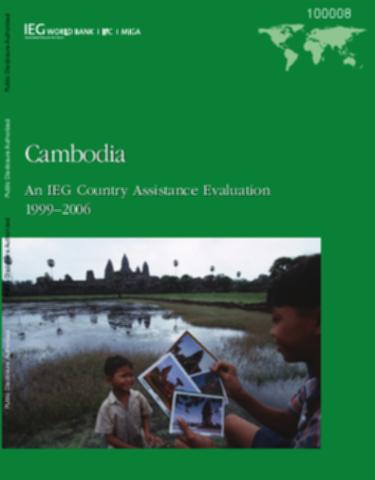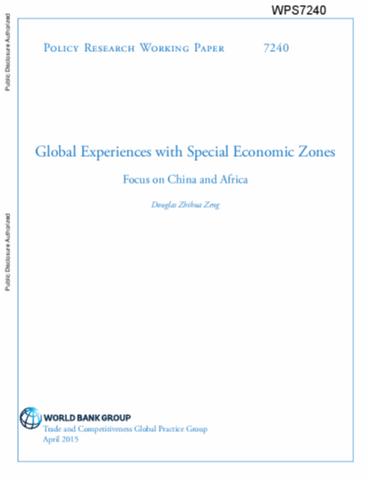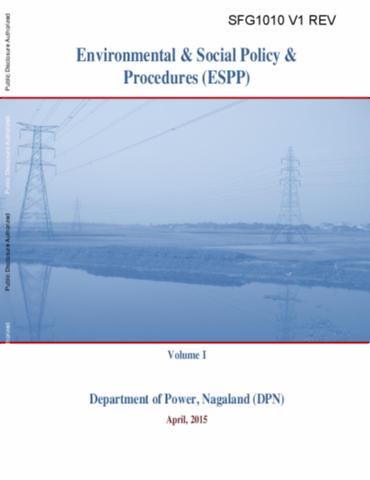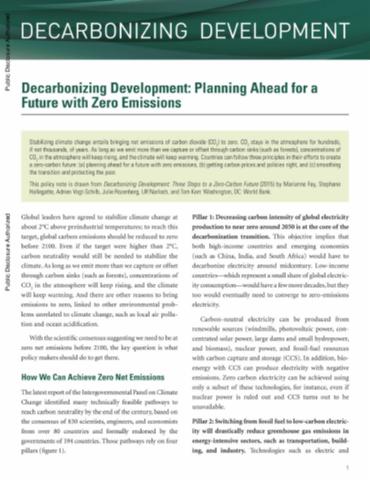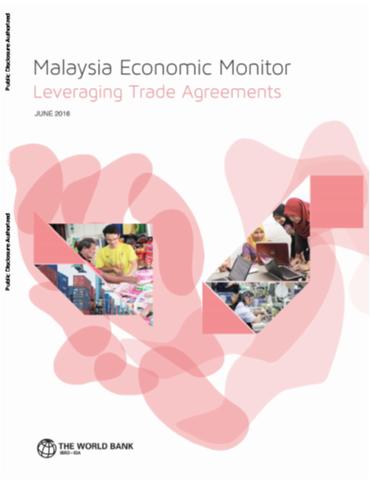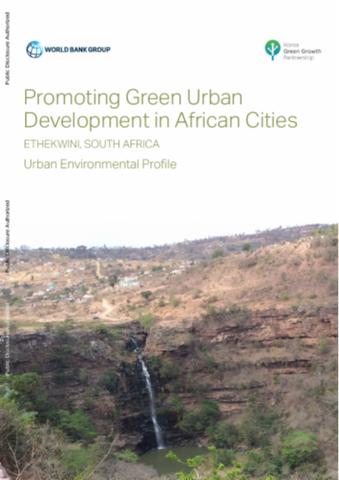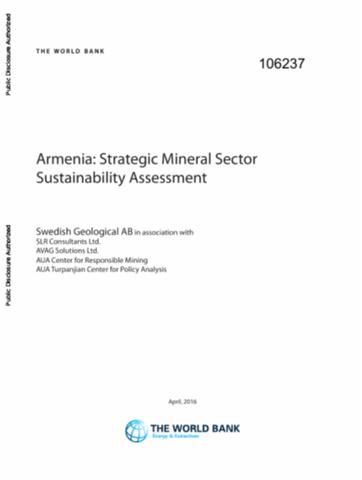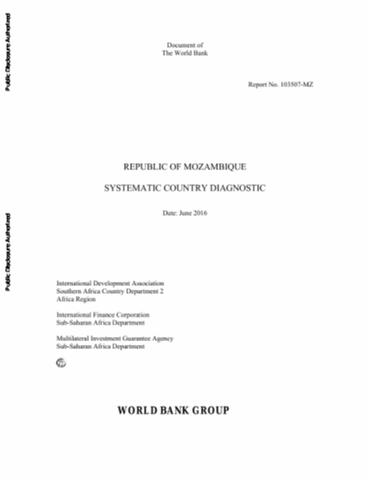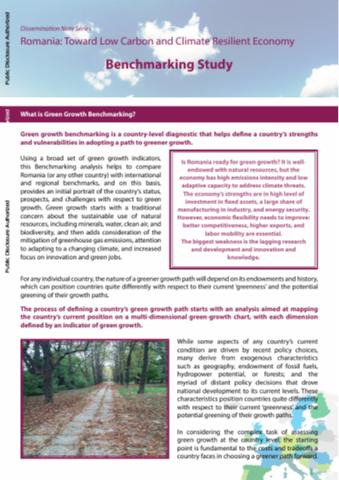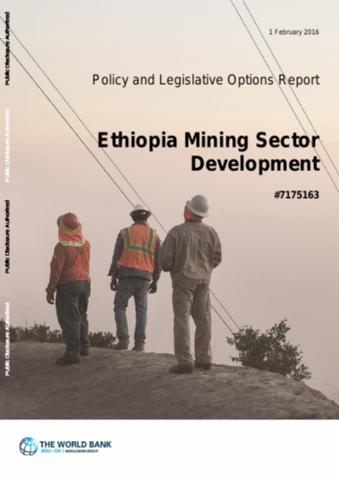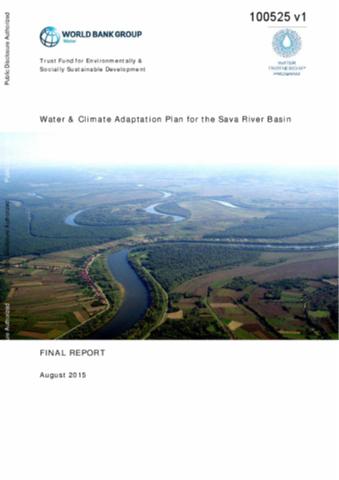Cambodia
Cambodia emerged in the early 1990s from 30 years of conflict, the brutal Khmer Rouge era, and a decade of Vietnamese occupation, with one of the world’s lowest per-capita incomes, and with social indicators far behind those of neighboring Southeast Asian countries. Physical infrastructure had been largely destroyed. United Nations intervention led to a peace agreement in 1991, a new constitution, elections, and formation of a coalition government, although a reduced level of conflict and political instability continued until the late 1990s.

